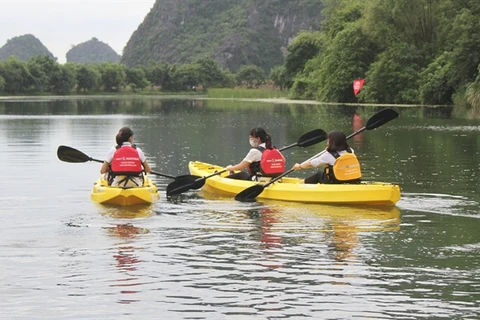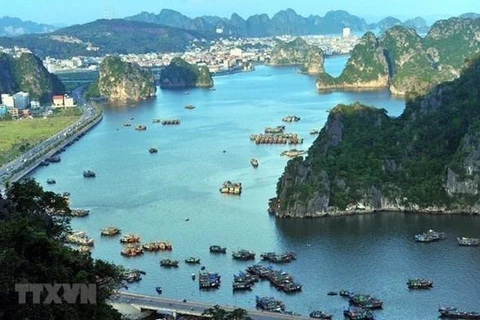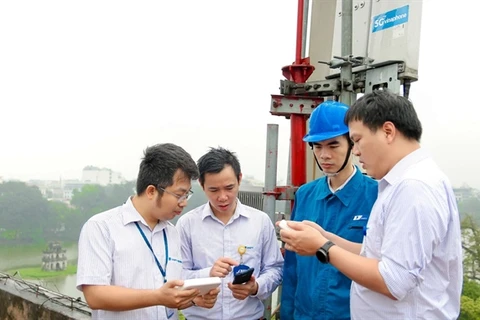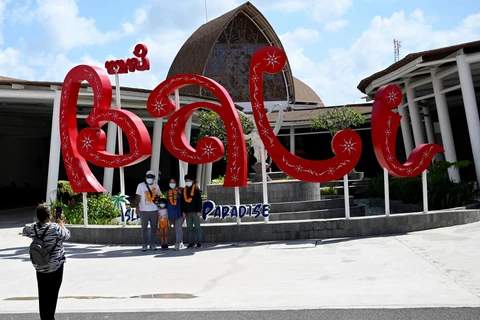Hanoi (VNA) – Though the second wave of COVID-19 dashed hopes for quick tourism recovery in 2020, real estate services firm CBRE Vietnam believed the industry’s long-term outlook remains positive.
In a recent hotel insights report, CBRE Vietnam said the outlook for Vietnam’s hotel sector remains positive in the long run thanks to expected improvements in infrastructure, favourable visa policies and the political will to turn tourism into a key industry.
According to the consulting firm, Vietnam has been praised by the international community for its decisive and effective efforts in the containment of the coronavirus, which would help the country to enhance its image on the global tourism scene as one of the safest travel destinations once the pandemic is over.
Regarding the investment landscape, there are some opportunistic investors looking for distressed assets at a big discount. However, the market so far hasn’t seen many distressed assets in the 4-and 5-star segment. There will be more opportunities in the lower segments though, as well as from hotel chain owners seeking to divest some assets that are considered less strategic.
After enjoying impressive tourist growth in previous years, in the first half of 2020, Vietnam has recorded drops of 56 percent and 50 percent year-on-year for international arrivals and domestic-travelers trips, respectively.
As the Vietnamese government has suspended all international flights to the country to prevent the spread of COVID-19 since the end of March, foreign arrivals tumbled by 99 percent year-on-year in the second quarter alone.
The pandemic has disrupted numerous travel plans worldwide, resulting in weaker hotel performance across the country. Revenue per available room (RevPAR) in Vietnam went down significantly by 55 percent year-on-year during the first six months of the year.
Occupancy rates reached the lowest point in April, when nationwide social distancing order was imposed, then slowly recovered in May and June when local tourists started to hit the road again.
However, as HCM City and Hanoi’s four and five-star hotel markets strongly rely on foreign guests, occupancy rates improved just by small amount of 1–1.5 percentage points each month.
Domestic tourism will lead the recovery and compensate for the losses from international tourists in 2020.
After going nearly 100 straight days without community infections, the country confronted a resurgence from a fresh cluster originated from Da Nang hospitals since late July.
In the face of more complex developments, tourism demand may be significantly dampened and domestic tourists certainly become more hesitant to travel than ever.
Demand from international tourists will also take longer to return, from both the continuing of flights suspension as well as reluctance to travel when the virus is not fully contained in foreign countries.
The sector’s performance in the third quarter of this year will not see much improvement from the previous quarter, as Vietnam has faced a second wave of COVID-19 and some parts of the country have already practiced social distancing to prevent the spread.
Nguyen Trong Thuc, Associate Director of CBRE Hotels Vietnam, said the hotel industry in 2020-2021 is expected to be in defensive mode with intermittent fluctuations in performance until a vaccine or widely available treatment for COVID-19 can be produced./.
VNA
























